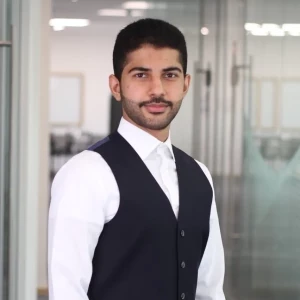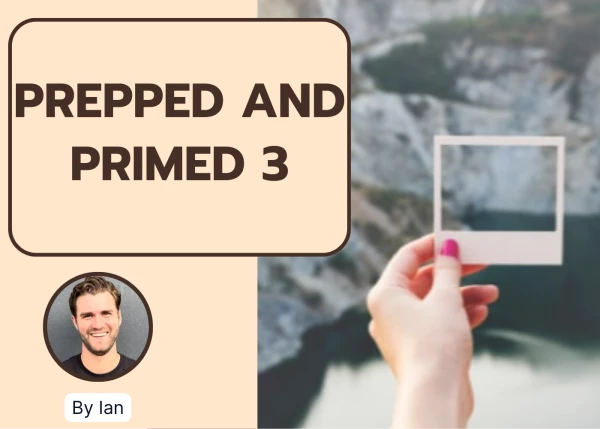Hi there! I want to ask several questions regarding the case interview at McKinsey.
- Is it common to request some silent time to jot down answers for business opinion, brainstorming questions, quantitative questions, and summary + recommendation, similar to how it's done during structuring frameworks?
- I've noticed that some case problem examples are labeled with difficulty levels like easy, medium, or hard, or with ratings like 1 to 5 stars. Could you elaborate on what factors differentiate the difficulty levels in these problems? Additionally, in McKinsey interviews, what is the typical difficulty level?
- Do consulting companies (especially McKinsey) typically create brand new case problems for each interview, or do they have a repository of case problems that can be reused over time? If there exist, where can I find the repository?
- Continuing from question 3, is it possible for some problems in casebooks or other references to be slightly or entirely similar to the case questions used in the upcoming interviews?
















